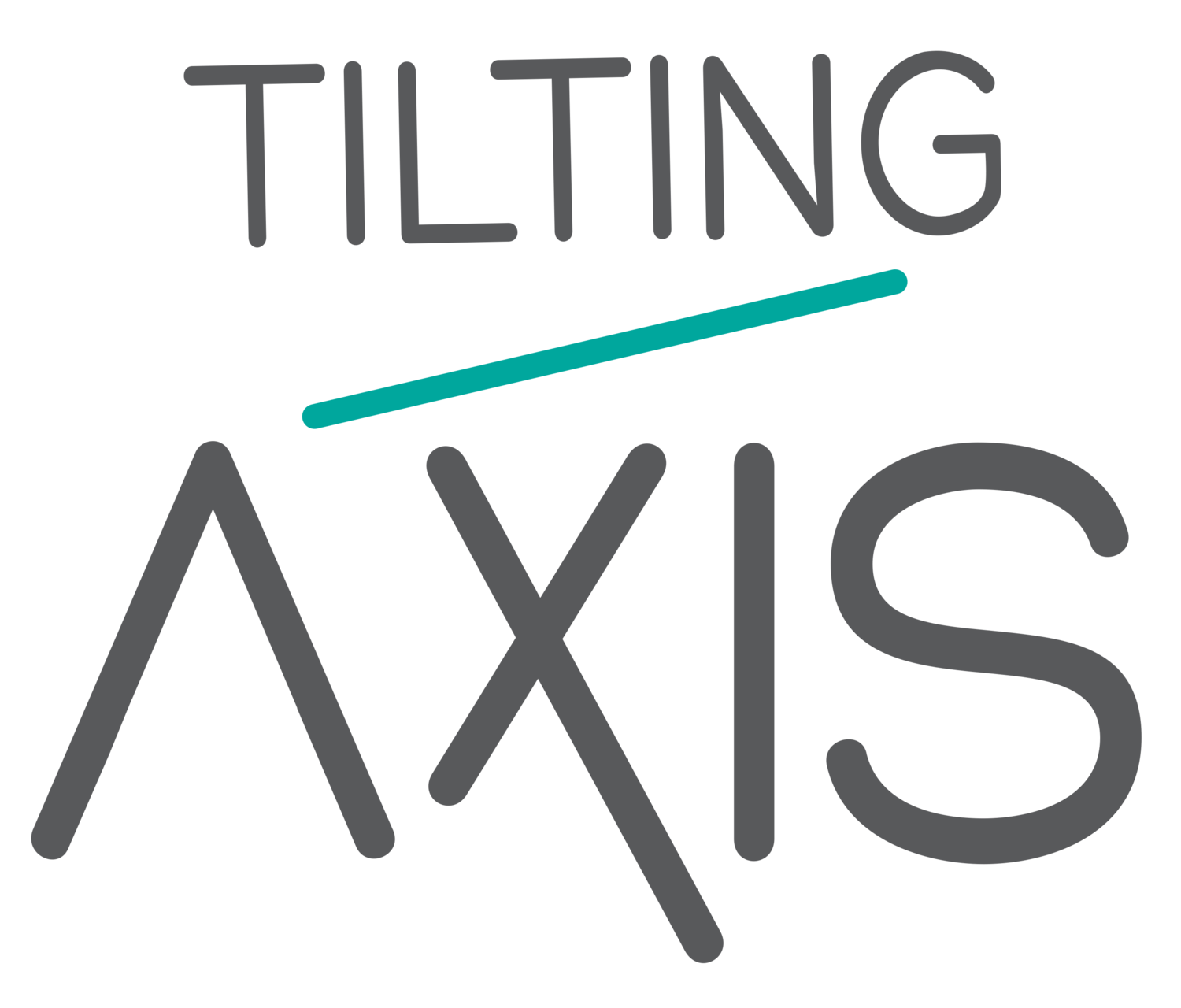Overview:
Clinic 3 began with a general discussion followed by the identification of problems across localities. Then, efforts concentrated on generating ideas for the workshop. Below you will find the notes from the initial conversation, as well as the ideas generated by the group.
Participants:
- Amanda Coulson (National Art Gallery of the Bahamas)
- Malaika Brooks-Smith-Lowe (Groundation Grenada)
- Raquel Paiewonsky (Quintapata)
- Tirzo Martha (Instituto Buena Bista)
- Mario Caro (Res Artis)
- Deborah Anzinger (NLS)
- Maria Elena Ortiz (Pérez Art Museum Miami)
Discussions ensued around the following topics:
- Preexisting economic systems in the Caribbean are shaping cultural exchange, but locally the problem is how to connect with communities.
- Black Diaspora Symposium in Barbados was a failed model.
- We might not all be on the same page in terms of making/penetrating markets; some of us want to create one, expressing that we are not the “naive" garden."
- Are artists showing in national institutions in a failed state?
- How to deal with governments and power - Once you make cultural officials know that culture is a revenue system that creates jobs, money, and markets? Always remind them about the economic gain.
- How to develop standards and create spaces for critique?
Summary:
- Develop an arts education exchange programme/agreement between the College of the Bahamas (COB) and IBB for art students. At this point most IBB students go to art school in The Netherlands, but the cultural difference between Curacao and The Netherlands creates a cultural gap and the Caribbean can be explored as a region to provide tertiary level art education for Dutch Antillean students. IBB can apply for a grant from the Netherlands, to offer scholarships for Caribbean educational options.
- Create partnerships with other alternative spaces in the region. NLS is leading a workshop at the Edna Manley School for the Arts on how to run and conceptualize an artist's run initiative. Develop sub-network of micro residencies. This should also be shared across the region, for example if there is a syllabus it should be shared across the Caribbean. Find ways to include input from other artists run spaces within the region.
- Collate information on available art education in the region, not only including universities, but also other types of community educational programmes. Develop database / add to Fresh Milk’s online map of Caribbean art spaces.
- Consider developing programmes in curatorial practice in the Caribbean, as well as curatorial exchanges across institutions and alternative spaces among all Tilting Axis participants.
- Res Artis to connect with NLS, Groundation, Popopstudios, and other artist-led / Caribbean residency spaces and utilize their handbook resource.
- Exchange of publications among all the participants of Tilting Axis.
- More formalized relationships that we bring students from COB and Edna Manley with each other, including places in Miami/region.
- In Grenada, Groundation Grenada will make meetings with art students.
- Link each other up an our website, specially on Fresh Milk's map.
- Tilting Axis delegates to share Press and Media mailing lists.
- Consider alternative ways for web development, Squarespace: IBB can provide web support at an affordable rate: Create a Guide about Internet/Website Resources.
- Regional Meeting in Miami.
- Research about legal structure of importation and exportation of artworks across the Caribbean, as well as the legal structures that affect art, and how can local institutions help in this process. CARICOM freedom of movement.
- Revisit the idea of a traveling Caribbean Biennial/Triennial that is not centralized in one space. Remember the biennial at the Museum of Modern Art, Dominican Republic which began in the early 90s.
Maria Elena Ortiz, Assistant Curator
Pérez Art Museum Miami
USA


